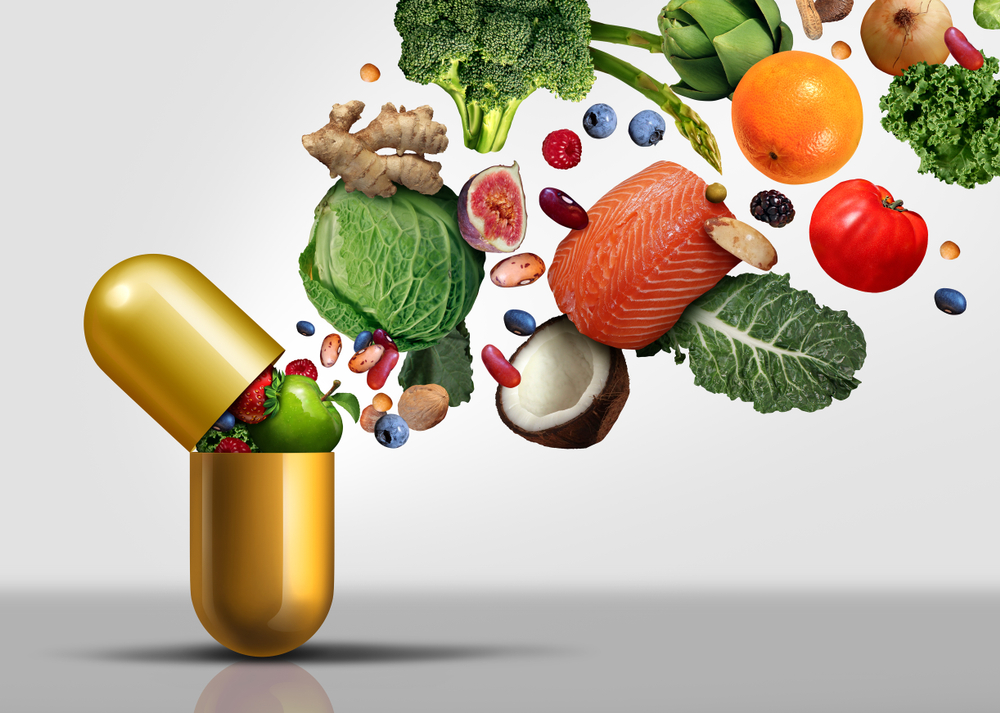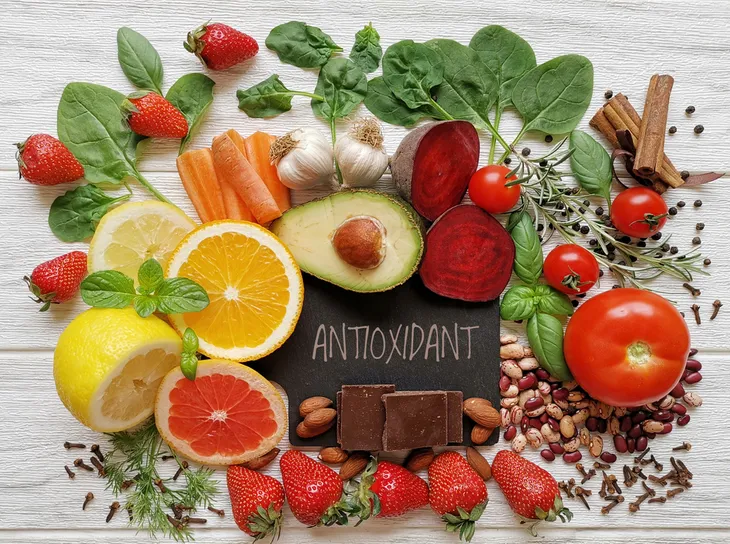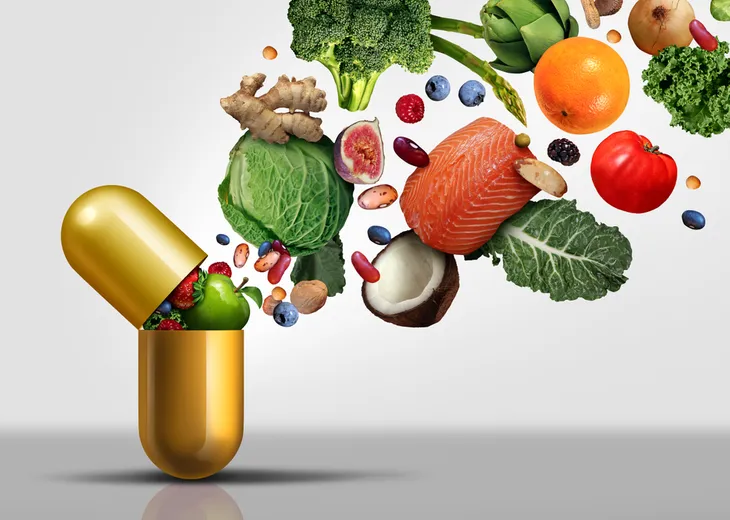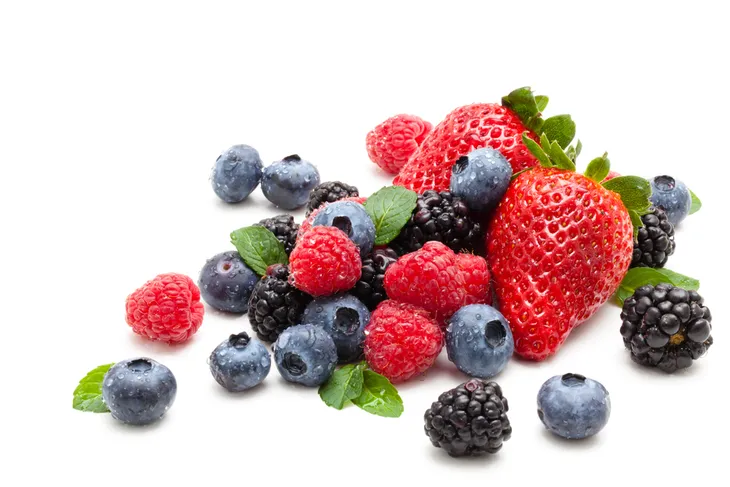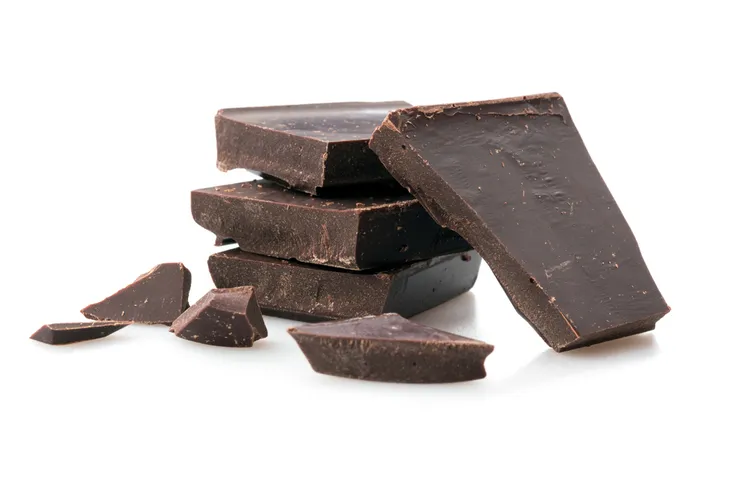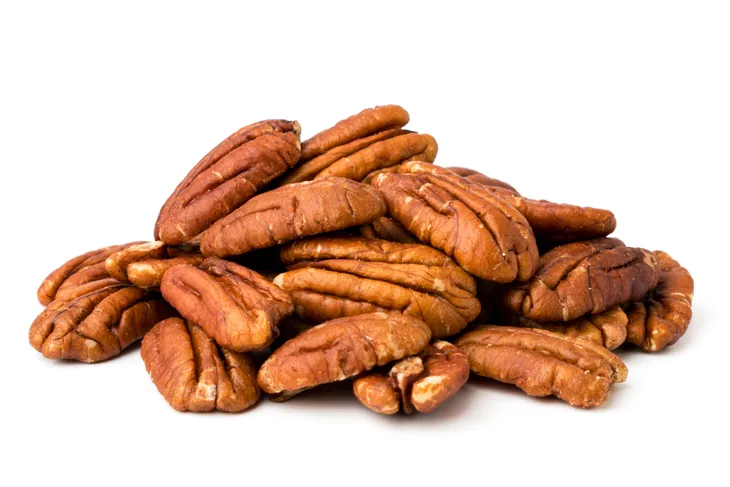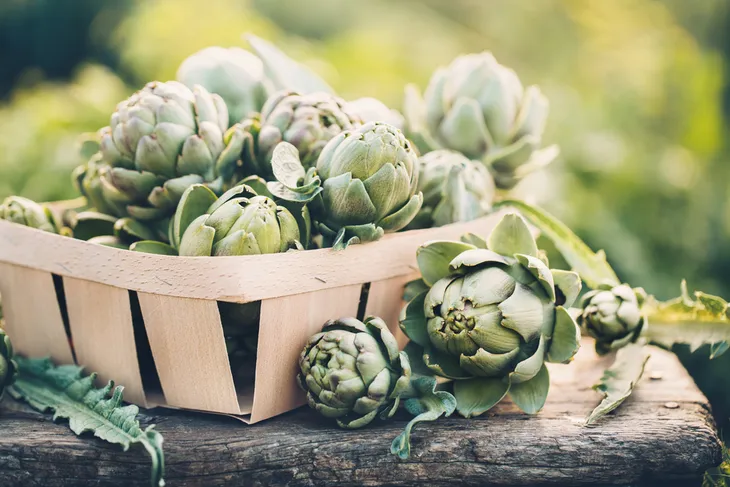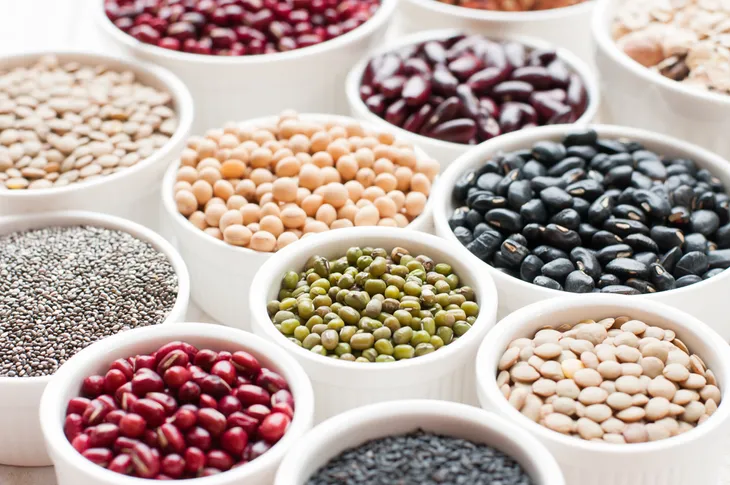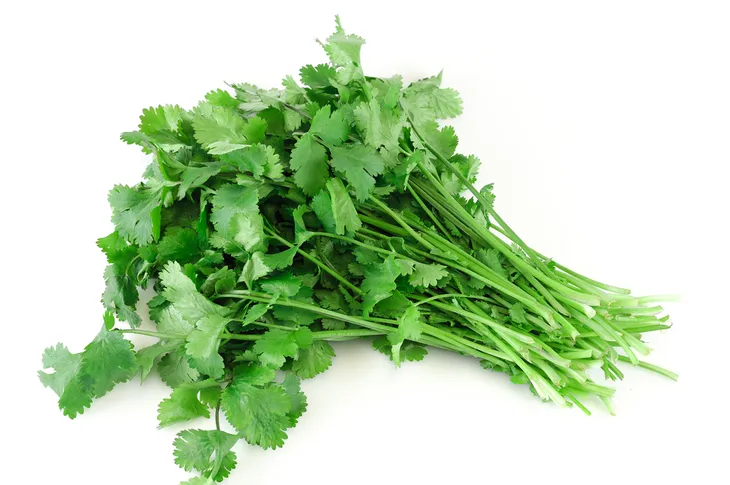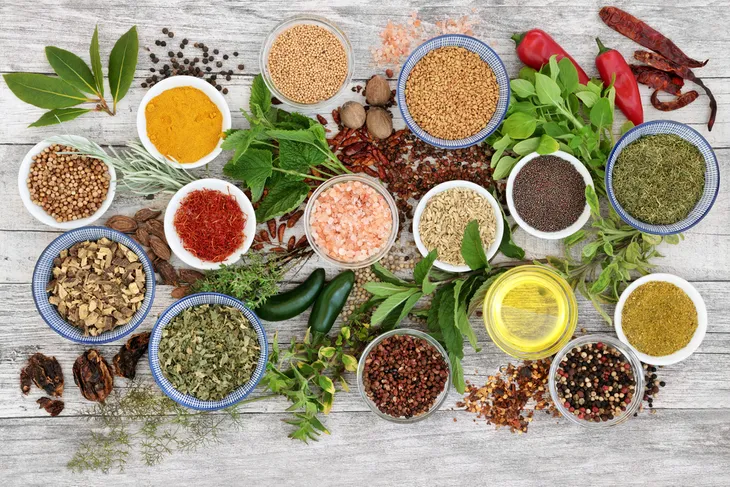You hear so much talk about antioxidants in the health, wellness and nutrition worlds. It seems these days that the word gets thrown around a lot without much clarity on what it really refers to. Generally speaking, most of us know that antioxidants are good for us (that’s certainly been drilled in), but do you actually know what antioxidants are, what they do, and where you can find them?
It’s one of those health terms that is surrounded by a lot of confusion, mystery, and even a lot of assumptions. Thankfully, today I’m hoping to clear some of that confusion up, and make you antioxidant-aware with this in-depth look at what antioxidants are, what they do, and most importantly, where you can find them…
How Do Antioxidants Work?
Let’s start by covering the basics and learning how these powerful substances work. If you break down the word antioxidants you get anti (against) oxidants (oxidation), meaning that antioxidants are substances that prevent cell damage caused by oxidation in the body. When certain types of oxygen molecules are allowed to float freely in the body and can cause oxidative damage, which creates what is known as free radicals.
These free radicals can be damaging to the body and have been linked to cancer and premature aging. Free radicals form when an atom or molecule splits and is left with an odd, unpaired electron. Antioxidants neutralize this cellular damage by donating one of their own electrons to end the electron ‘stealing reaction caused by free radicals.
What are Antioxidants?
We partly covered this in the previous slide, so now you know that antioxidants act as scavengers in the body, helping to prevent and reverse cellular damage. There are two primary types of antioxidants, those created inside our bodies are called endogenous antioxidants and those obtained outside the body through diet are known as exogenous antioxidants. There are many exogenous substances out there that have antioxidant properties, but some of the most effective are thought to be vitamins A, C and E as well as beta-carotene and lycopene.
Vitamin C is the most abundant water-soluble antioxidant in the body while vitamin E is the most abundant fat-soluble antioxidant in the body. Together these substances (along with many others) help to defend against cellular damage caused by oxidation which can lead to serious and long-term health problems.
Berries
At this point it should be pretty clear how important a role antioxidants play in keeping us healthy, and while the body produces some of these substances itself, it’s important to obtain the rest of the necessary antioxidants from a healthy diet. Let’s take a look at some foods that have the highest antioxidant properties…
Berries are not only delicious fruits, but many of them have extremely high levels of antioxidant compounds present. The levels of antioxidants present in foods is measured by what is called the oxygen radical absorption capacity (ORAC for short) and tests the capacity to absorb and eliminate free radicals.
Many types of berries have a high ORAC score, like goji berries with 25,000 ORAC, wild blueberries with 14,000 ORAC, elderberries with 14,000 ORAC, cranberries with 9,500 ORAC and blackberries with 5,300 ORAC. After learning this information, you’ve never had a better reason to get those berries into your morning smoothie!
Dark Chocolate
Have you ever seen someone binging on chocolate and heard them say “It’s ok, it’s full of antioxidants” ? Well technically this is true, as long as we’re talking about the dark stuff. Cocoa and dark chocolate have a very high ORAC score of 21,000 meaning it contains lots of free radical-eliminating substances. This is a score so high in fact, that it means the dark chocolate has more antioxidant properties than many fruits and vegetables including blueberries and acai berries.
Many research studies have now proven the power of dark chocolate and it’s antioxidant compounds including flavonoids called procyanidins, epicatechins, and catechins. So the next time you feel guilty when you’re craving chocolate, cut yourself some slack. A few pieces of dark chocolate after dinner satisfies the sweet tooth and provides a super shot of antioxidant power.
Pecans
You probably know that nuts have a ton of beneficial heart healthy fats, but you may not be aware that some nuts are also high in antioxidant nutrients as well. Pecans for example, have an ORAC score of 17,000. This actually puts them at a higher antioxidant concentration than a lot of fruits and vegetables out there and makes them the number one nut for antioxidant levels.
A 2011 study conducted by Loma Linda University showed that the naturally occurring antioxidants in pecans may prevent disease such as heart conditions and eating these nutritious nuts on a regular basis could help reduce LDL cholesterol (the bad kind.) If you still need more reasons to reach for pecans when you’re feeling nutty, they’re also naturally sodium free, contain more than 19 vitamins and minerals and a one-ounce serving of these nuts provides 10-percent of your recommended daily fiber.
Artichokes
If quinoa, Acai berries, and kale are all considered superfoods, then artichokes definitely deserve their own place on the list of today’s spectacular superfoods. If artichokes are merely an unusual pizza topping or tasty dip ingredient in your world, you’re missing out on one heck of an antioxidant-packed superfood. Artichokes have a 9,400 ORAC score meaning they have lots of antioxidant properties and compounds present.
One of those compounds is Quercetin, a flavonoid compound that fights oxidation and acts as an anti-carcinogen. Anthocyanins are another group of antioxidant compounds present in these spiky veggies and these color pigments are associated with lower risk of cancers, increased memory function and healthy aging. Hopefully that’s enough reasons to consider artichokes as more than just a mere pizza topping and give them the superfood status they deserve.
Beans
This may come as a bit of a surprise, but there are several varieties of beans that are super rich in antioxidants. Specifically, small red beans, kidney beans, and pintos all rank high on the ORAC charts. Small red beans score 13,727, while red kidney beans got a score of 8,600 and pinto beans scored 8,400.
Black beans have some excellent antioxidant properties of their own as well, while not quite as high as the three red beans, they still have an ORAC score of 8,000. With scores like these, it’s clear that all of these amazing beans are jam-packed with free radical fighting powers. Not only that, but beans are an excellent source of dietary fiber and protein and can help improve blood cholesterol reducing your risk of heart disease.
Cilantro
This little leafy green herb certainly polarizes opinions, but whether you love it or hate it, there’s no denying the antioxidant benefits of cilantro. You can call it a herb, you can call it a vegetable, but however you classify it, the truth is that cilantro ranks as one of the most antioxidant rich foods out there.
Fresh, raw cilantro leaves have an ORAC score of 5,100 which means those little green leaves are full of free radical fighting compounds like quercetin and dodecenal. Dodecenal is a natural antibacterial agent and has been shown to help fight salmonella bacteria, a cause of foodborne illness that has become a growing concern lately.
Herbs and Spices
Herbs and spices have been praised for centuries and are even used as medicinal compounds in many cultures, and with good reason. Now you can add antioxidants to the growing list of the many benefits of dried herbs and spices. Some have a higher concentration of antioxidant compounds than others however, like ground cloves, which have a whopping ORAC score of over 290,000.
Next highest is dried oregano with an ORAC score of 175,295, followed by dried rosemary at 165,280. While these numbers obviously indicate that herbs and spices have some of the highest antioxidant properties of all, it’s important to remember that we consume them in much smaller quantities than other foods. Still, there’s no better reason to get cooking and put some antioxidant rich herbs and spices to work in your kitchen today.
